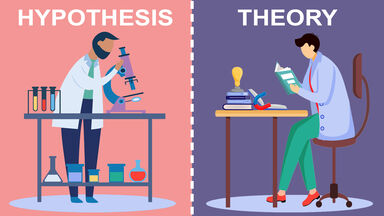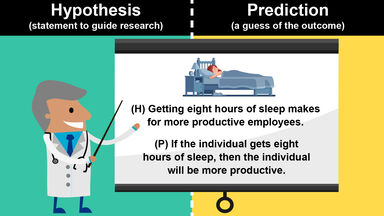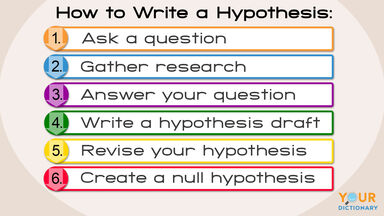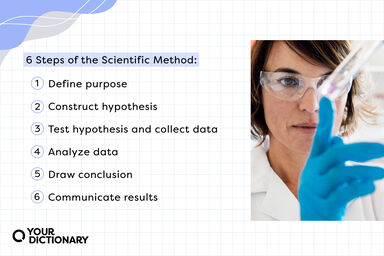Hypothesis Definition
Origin of Hypothesis
Recorded since 1596, from Middle French hypothese, from Late Latin hypothesis, from Ancient Greek ὑπόθεσις (hupothesis, “base, basis of an argument, supposition”), literally “a placing under”, itself from ὑποτίθημι (hupotithēmi, “I set before, suggest”), from ὑπό (upo, “below”) + τίθημι (tithēmi, “I put, place”).
From Wiktionary
-
Latin subject for a speech from Greek hupothesis proposal, supposition from hupotithenai hupothe- to suppose hupo- hypo- tithenai to place dhē- in Indo-European roots
From American Heritage Dictionary of the English Language, 5th Edition
Related Articles
Find Similar Words
Find similar words to hypothesis using the buttons below.





